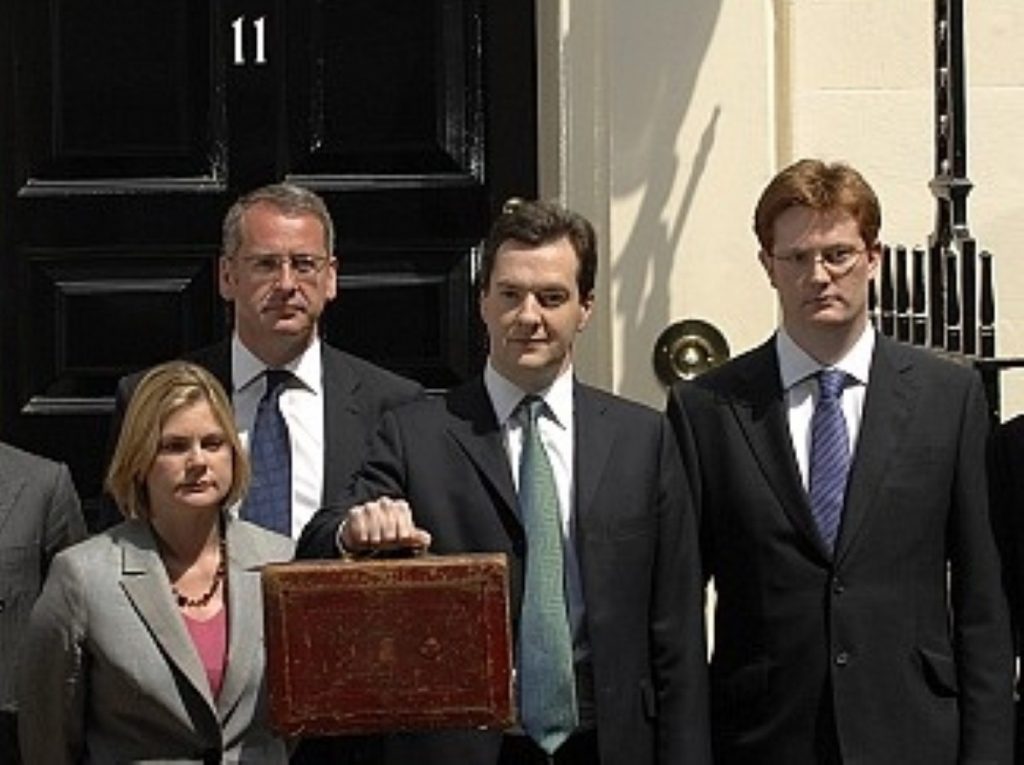Podcast #16: Tax cuts and the Budget
It's Budget buildup time. The first three weeks of March are the key period when, behind the scenes, key decisions about the public finances are made which will fundamentally affect the UK economy's prospects for growth.
We've been talking to politicians from all three of the main parties for their views, as well as centre-left thinktank IPPR's chief economist Tony Dolphin for his assessment of the economy's performance. Here's this week's episode:
It will be chancellor George Osborne who stands up at the despatch box on March 21st, but the process isn't just about him, just as it isn't about Budget day. The 'quad' of Osborne, David Cameron, Nick Clegg and Danny Alexander will hold intensive discussions over the big decisions. They'll be listening to the views of business and their parties. That's where the backbenchers come in: their competing demands will be weighed up. Osborne will do his best to keep as much of the coalition happy as possible.


The Lib Dems have the advantage of clarity of vision when it comes to their agenda. Their goal is a straightforward one, of accelerating the pace at which the income tax personal allowance is increased, as the party's Treasury spokesperson Stephen Williams explained in this week's podcast. The coalition agreement was that it would reach £10,000 by 2015. Could this be hurried up? Doing so much more quickly would cost £9 billion – far from small beans in this age of austerity.
Conservative backbenchers have a longer shopping list. They want tax cuts, that's clear, but what kind? John Redwood wants tax cuts for entrepreneurs. Peter Bone wants tax cuts for businesses. Douglas Carswell, who's interviewed in this episode, wants tax cuts, plain and simple. You may detect a theme emerging. You'll certainly get the general idea, and so will Osborne.
One temptation which even the Tories had been considering as early as last November was the option of a cut in VAT. This is a major money-spinner for the Treasury, which is why it raised the rate to 20% last year. Labour are calling it for it to return to 17.5% once more, in a move that would have a genuine positive impact on the economy. As shadow chief secretary to the Treasury Rachel Reeves explains, this shift is on the sort of scale which actually makes a difference. But then, that's the problem: given the state of the government's purse-strings, is it a real possibility? Shadow chancellor Ed Balls' calls for it, creating the very real danger of him crowing 'I told you so', is unlikely to incentivise Osborne.












